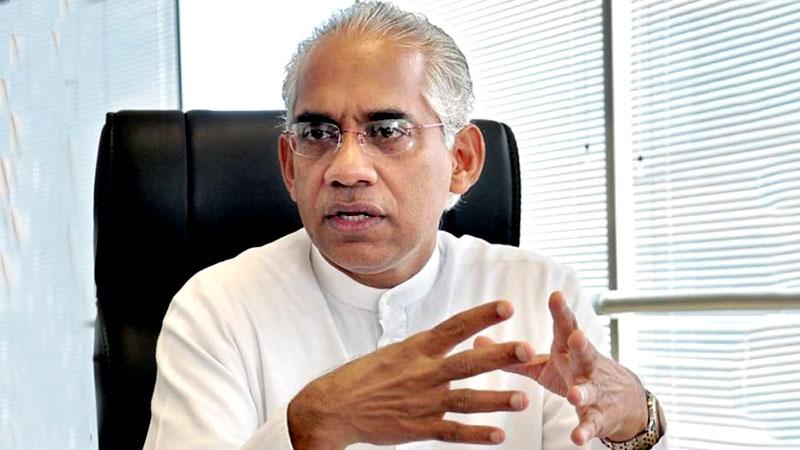
Owners of factories and businesses who complain of labour shortages should go for automation of their production processes and offer better pay to attract workers or close down if they feel they cannot be competitive, says Deputy Minister of State Enterprise Development, Eran Wickramaratne.
The economy is currently going through a transition, as it climbs the income scale, which can be temporarily painful for some people since retraining labour takes time, he said in an interview with the Business Observer. Allowing foreign labour to come in with foreign investments could be a temporary solution to the problem of worker shortages experienced by businesses.
“The lack of sufficient labour and shortage of factory workers is a major issue today. Factory owners complain that they do not find enough people for factory jobs.
When we have a situation like that - on one hand you have unemployment and on the other hand you have job vacancies - it is a major mismatch.
If you look at it from a market point of view, for labour jobs the market price is not right,” Wickramaratne said. “Most factory owners are willing to pay Rs. 20-25,000 monthly wage. But youngsters today are not willing to work for that kind of money. I have much experience with youth and jobs and what they intend doing - they are not willing to work for Rs. 25,000 any longer.” the price paid for labour has to go up. If industrialists are ready to pay Rs. 35-40,000, that might bring down the gap and would help attract youngsters to these jobs.
But industrialists often complain that they cannot be competitive or offer competitive prices for their products and services if they are to pay higher salaries to employees.
“But I would say there are only two choices – either you have to close your factory because there’s no cheap labour available or you will have to mechanize your business and increase productivity, so that you will have less people to pay,” Wickramaratne said.
“These are the choices you really have to contend with. Industrialists’ complaints on lack of human resources will not be valid soon. That is not the government responsibility – this is your responsibility to attract labour that you require. Our industries/factories should go for automation and the labour force should come with more skills, so that they get higher incomes.
“We are at that transition at the moment and while we’re experiencing these changes, there’s some pain in the process. Training and retraining and other changes will take a lot of time. How are you going to fill those gaps?,” he queried.
Lankan companies to grow bigger overseas
Eran Wickramaratne said the country has to be pragmatic and have temporary solutions in the transition period. “One of the temporary solutions is that we need or we may have to actually allow some foreign labour to come in with the investment – otherwise investors will not come to us. However, if the government allows temporary foreign labour, the critics are going to be up in arms and say the government is allowing Indians and the Chinese to come here and the locals are losing their jobs. The reality is far from what critics may portrait.”
But, he said, the country has a choice and need not necessarily allow labour imports. “You have two choices – the prices (wages) have to go up to attract people and if the prices do not go up and industries are becoming uncompetitive they have to close their factories.
Otherwise what will happen is, and I am predicting this will happen, the big Sri Lankan companies in the next five years – their operations will be bigger overseas than their operations in Sri Lanka.”
Wickramaratne said that the continuing exodus of workers abroad in search of employment is an indictment on the present system, that local employment conditions are not attractive enough.
“It is telling us something about the environment, a kind of a message. I think this kind of open discussion needs to happen, but people taking sides won’t help anybody as this is not a political issue - this is a fundamental economic issue,” he said.
